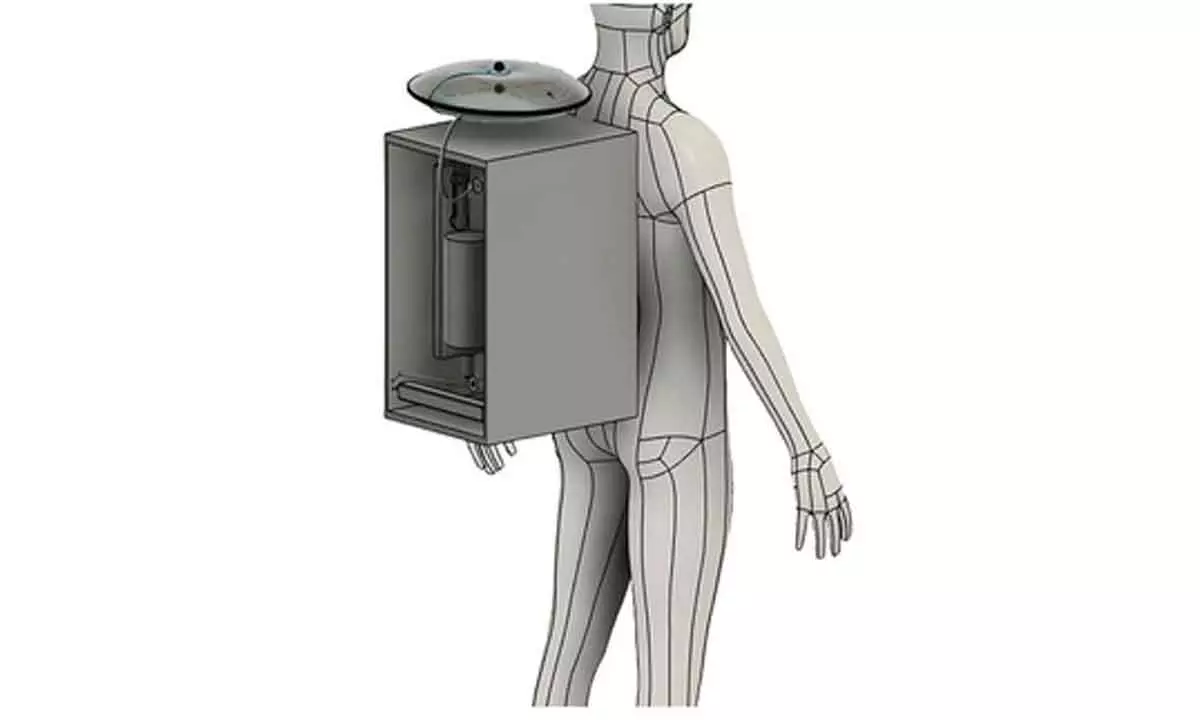Full-body space suit developed for astronauts to recycle urine into water
Astronauts on spacewalks relieve themselves inside their spacesuits, it is both uncomfortable with reports of leaks, and health issues
image for illustrative purpose

New Design:
- NASA spacesuits designed with maximum absorbency garment since 1970s
- New suit includes vacuum-based external combined forward-reverse osmosis unit
- Collecting and purifying 500ml of urine takes only 5 minutes
- Compact and lightweight (8 Kgs) system integrates control pumps
New Delhi: US researchers have developed a novel full-body space suit that astronauts can use during spacewalks and recycle urine into water.
Since the late 1970s, NASA spacesuits have been designed with maximum absorbency garment (MAG) -- the waste management system -- which functions like a multi-layered adult diaper made of superabsorbent polymer.
While astronauts on spacewalks relieve themselves inside their spacesuits, it is both uncomfortable with reports of leaks, and health issues such as urinary tract infections and gastrointestinal distress.
The new prototype of the space suit designed by researchers from Cornell University "includes a vacuum-based external catheter leading to a combined forward-reverse osmosis unit".
It provided "a continuous supply of potable water with multiple safety mechanisms to ensure astronaut wellbeing", said Sofia Etlin, a research staff member at Weill Cornell Medicine.
Collecting and purifying 500ml of urine takes only five minutes, reveals the study detailed in the journal Frontiers in Space Technology.
It also consists of a urine collection device, including an undergarment made of multiple layers of flexible fabric. This connects to a collection cup (with a different shape and size for women and men) of moulded silicone, to fit around the genitalia.
The compact and lightweight (8 Kgs) system also integrates control pumps, sensors, and a liquid-crystal display screen. It is powered by a 20.5V battery with a capacity of 40 amp-hours. The team aims to test the new design under simulated conditions, and subsequently during real spacewalks. It is intended to help astronauts during the upcoming Moon and Mars missions in 2025 and 2026.


